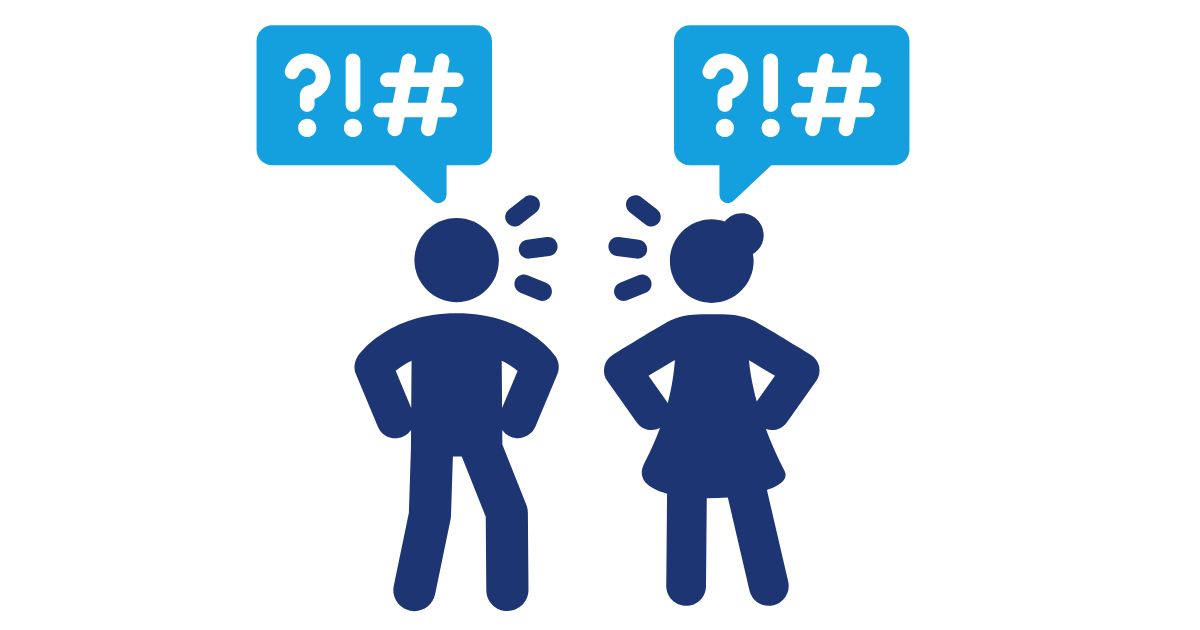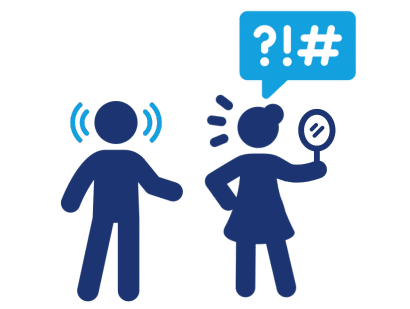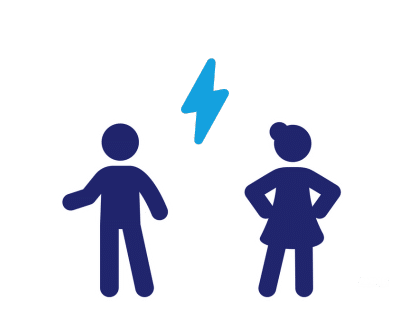MMH Men’s Mental Health does not provide direct mental health support. We do not offer crisis intervention, therapy, counselling, or medical advice. Instead, we provide information and signposting to external services that may be able to help.

Relationships & Social Issues
Overwhelmed by everything? There is someone who will listen.
Need to talk?
Samaritans are here to listen, 24/7, 365 days a year. You can call them for free on 116 123 or visit www.samaritans.org
Prefer to Text?
Shout is a free, confidential, 24/7 text messaging support service for anyone who is struggling to cope.
If you feel in danger please call 999 or go directly to emergency services.
Understanding Relationships & Social Issues
Healthy relationships and social connections are essential for mental well-being, but relationship struggles, social isolation, and abuse can take a serious toll on mental health. Men often face unique challenges in relationships—whether it’s breakups, family pressures, toxic relationships, or feeling disconnected from others.
Struggling with relationship issues, loneliness, or social stress? You’re not alone.
This page covers:
✔ How relationships affect mental health
✔ What causes relationship and social struggles
✔ Signs and symptoms of unhealthy relationships
✔ Common relationship and social challenges
✔ Self-help strategies for improving relationships
What Are Relationship & Social Issues?
Men face relationship and social struggles in many areas—romantic relationships, family, friendships, and even the workplace. These struggles can cause emotional distress, anxiety, depression, and low self-esteem.
✅ Healthy relationships and social support help men cope with stress and improve mental well-being.
Unhealthy relationships, toxic environments, or social isolation can lead to mental health struggles.
📌 If your relationships or social interactions are causing distress, it’s important to recognize the signs and take action.
What Causes Relationship & Social Struggles?
There are many factors that contribute to relationship difficulties and social challenges. Some common causes include:
🔹 Common Causes
✔ Communication issues – Lack of open and honest discussions in relationships.
✔ Breakups & divorce – The emotional and financial impact of separation.
✔ Toxic relationships – Narcissistic abuse, gaslighting, and controlling behavior.
✔ Family pressures – Struggles with parenting, marriage, or expectations.
✔ Bullying – Workplace bullying, social exclusion, or childhood trauma.
✔ Domestic abuse – Experiencing or witnessing abuse in relationships.
✔ Social isolation – Feeling disconnected from friends, family, or society.
📌 If left unaddressed, relationship struggles can lead to serious emotional distress, anxiety, or depression.
Symptoms of Relationship & Social Struggles
Struggles with relationships and social interactions can show up in different ways. Here are some common signs:
🟠 Psychological Symptoms
- Feeling emotionally drained by relationships
- Increased anxiety, fear, or depression
- Constant arguments, misunderstandings, or conflicts
- Feeling trapped in a toxic relationship
- Low self-worth due to social rejection or abuse
🟠 Behavioral Symptoms
- Avoiding social interactions or isolating yourself
- Struggling to trust people due to past trauma
- Engaging in unhealthy coping mechanisms (alcohol, drugs, or compulsive behaviors)
- Losing confidence in making new friendships or connections
📌 If these symptoms persist, seeking support can help improve relationship dynamics and social well-being.
Types of Relationship & Social Struggles
Many men face challenges in relationships, family life, and social settings. Here are some of the most common:
🟡 Being a Father
Balancing fatherhood, work, and personal well-being can be overwhelming. Many fathers struggle with financial stress, parenting challenges, or feeling disconnected from their children.
Read More: Being a Father
🟡 Breakups & Divorce
Separation can cause emotional distress, loneliness, and financial challenges. Many men struggle to process grief and rebuild their identity after a breakup.
Read More: Breakups & Divorce
🟡 Domestic Abuse
Men can be victims of emotional, physical, or financial abuse in relationships. Recognizing the signs and seeking support is crucial.
Read More: Domestic Abuse
🟡 Domestic Abuse Perpetrators
Some men struggle with controlling behaviors, anger, or aggression in relationships. Perpetrators of domestic abuse may feel guilt, regret, or a lack of control over their actions but find it difficult to change. Seeking therapy, anger management, and behavioral support can help men break toxic patterns.
Read More: Domestic Abuse Perpetrators
🟡 Narcissistic Abuse & Gaslighting
Being in a relationship with a narcissistic or manipulative partner can cause long-term emotional trauma. Gaslighting can make men doubt their own experiences and feel trapped.
Read More: Narcissistic Abuse
Read More: Gaslighting
🟡 Bullying
Bullying isn’t just a childhood issue—it can happen at work, in relationships, or online. Workplace bullying and social rejection can lead to anxiety, depression, and social withdrawal.
Read More: Bullying
Explore More
If you’re looking for more guidance on relationships and social well-being, these resources provide expert advice:
🟡 Internal Resources
Emotional Well-being – How emotions impact relationships.
Stress – Managing stress in relationships and social life.
Trauma – The effect of past trauma on relationships.
🟡 External Support
Relate – UK’s leading relationship support organization.
Respect Men’s Advice Line – Confidential support for men experiencing domestic abuse.
Family Lives – Support for parenting and family relationships.
Mind – Advice for handling social isolation and relationship struggles.
Self-Help Tips for Better Relationships & Social Well-being
While these steps can help improve your relationships and social well-being, they are general suggestions and may not work for everyone.
If struggles persist, consult a professional for tailored advice.
Communicate Openly
Practice honest, direct communication in relationships.
Set Healthy Boundaries
Avoid toxic people and recognize your own needs.
Build a Support Network
Stay connected with friends, family, or support groups.
Prioritize Self-Care
Mental and emotional well-being improves relationships.
Seek Professional Help
Therapy can help navigate relationship and social struggles.
You Are Not Alone.
There is no shame in needing support - everyone deserves help.
Take the next step:
Need to talk?
Samaritans are here to listen, 24/7. You can call them for free on 116 123 or visit www.samaritans.org
Prefer texting?
Shout offers free, 24/7 confidential support. Text ‘SHOUT’ to 85258 to start a conversation or visit
www.giveusashout.org
Explore More
Looking for guidance? Browse external resources on mental health, self-care, and well-being.
Support Groups
Find connection. Join an external support group and connect with others who understand.


